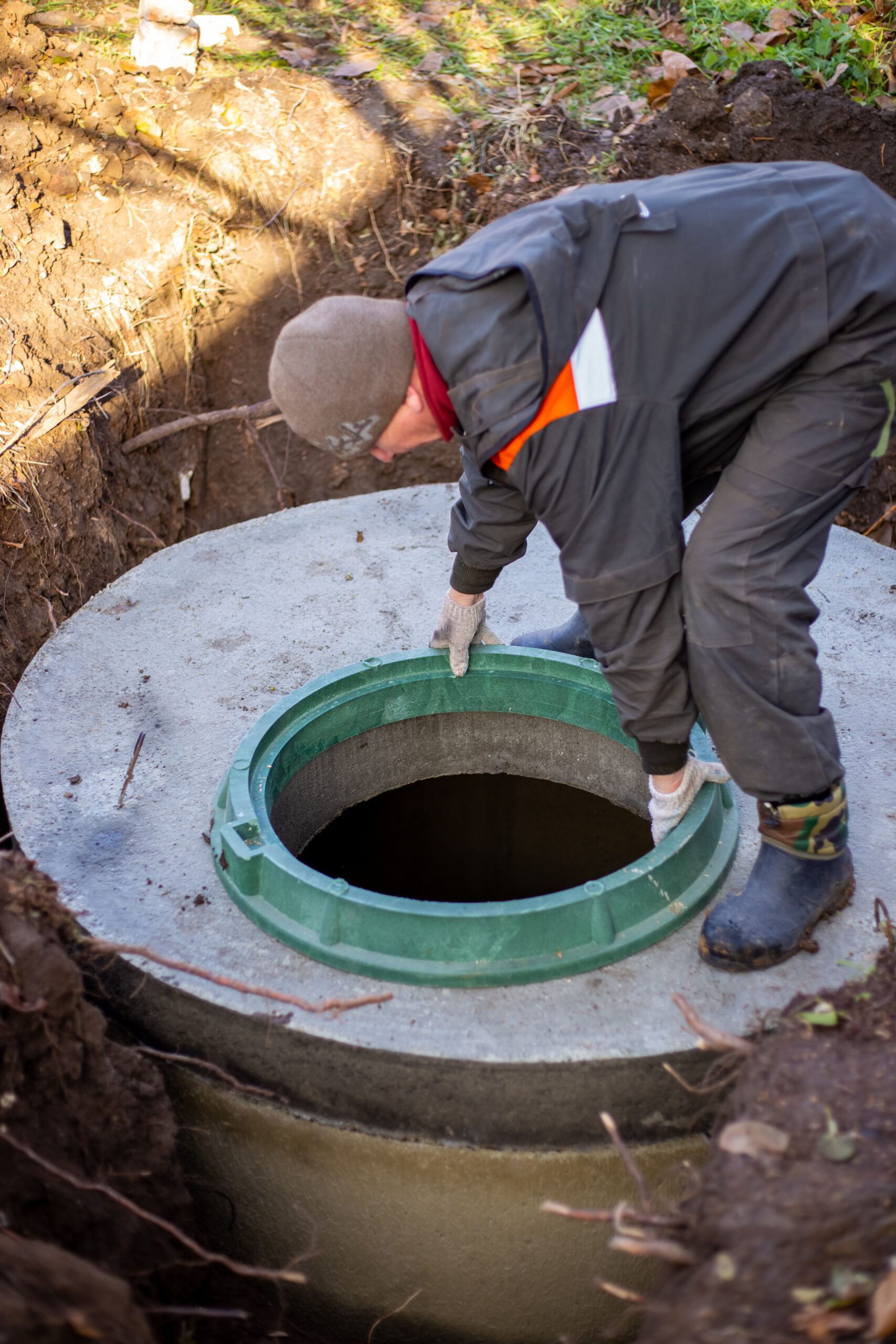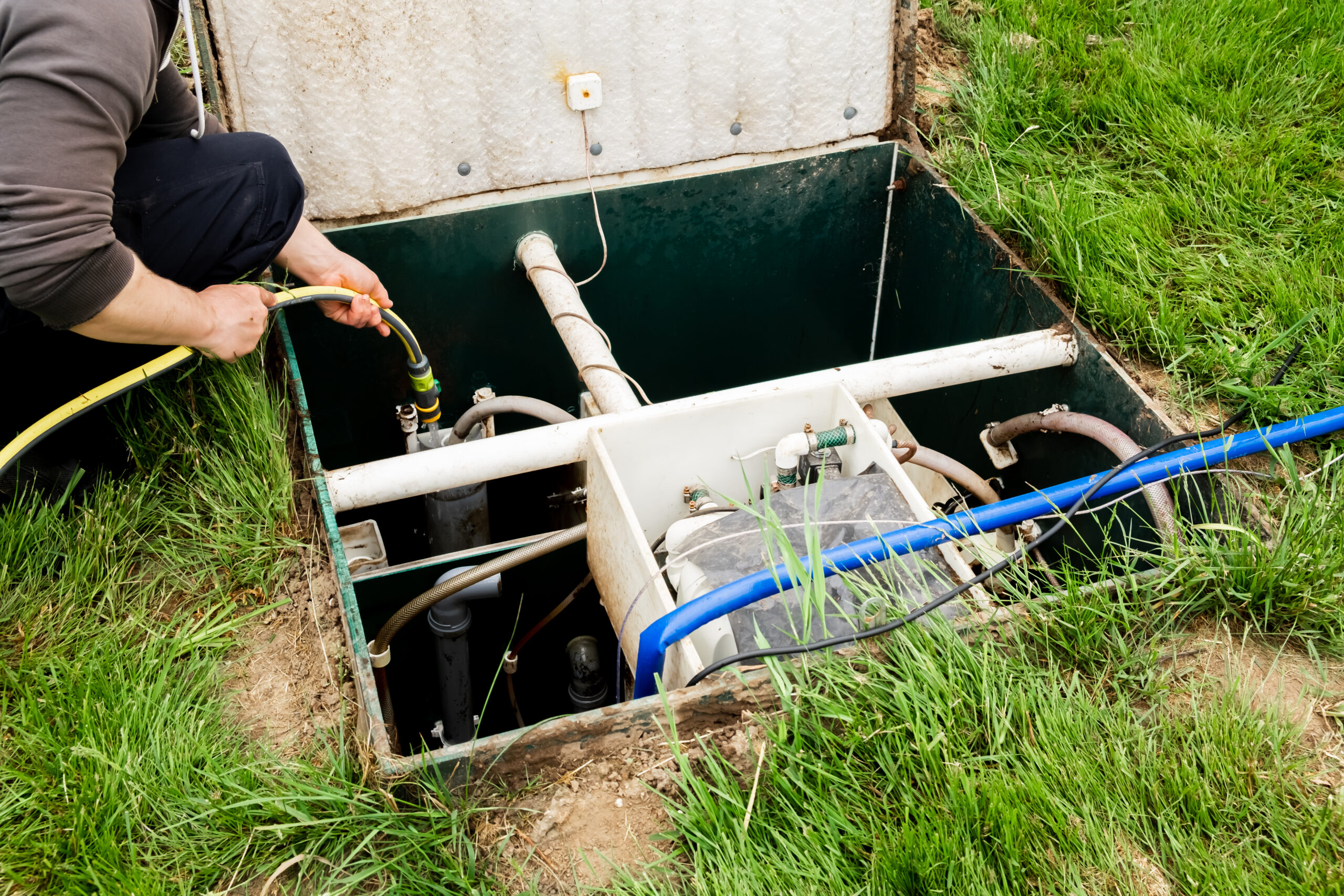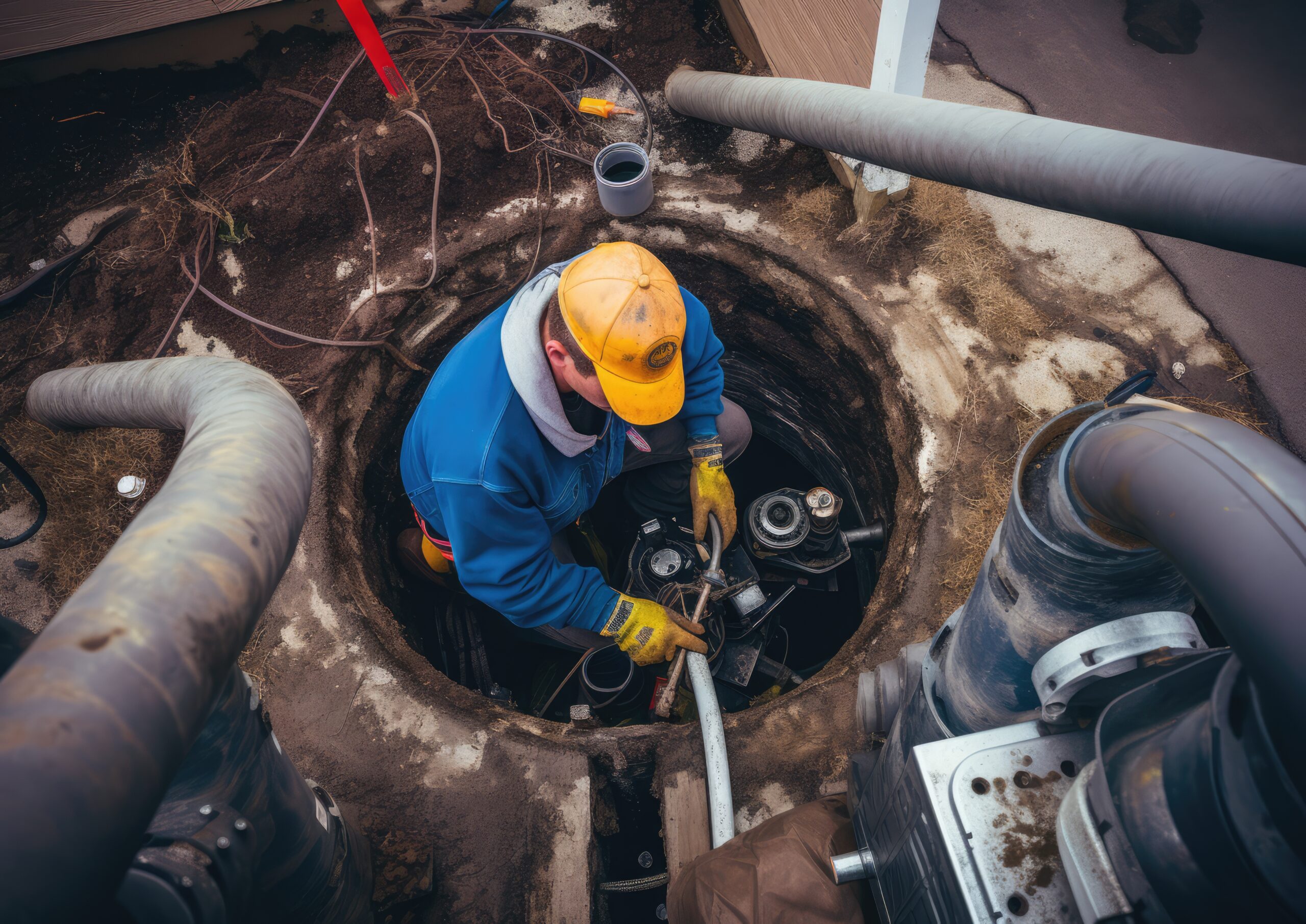Proper septic system care is essential for homeowners relying on these underground tanks to manage their household waste and wastewater efficiently. Many companies claim septic tank additives improve system function, prevent blockages, and extend your tank’s life without the need for pumping. But do these additives actually work, or are they just marketing gimmicks that exploit your fear of costly repairs? Let’s explore the science behind septic tank additives and evaluate whether they are helpful, harmful, or completely unnecessary investments.
Understanding How Septic Systems Work
A septic system treats household wastewater through natural processes involving bacteria that break down solids inside an underground tank. Solids settle at the bottom of the tank, while lighter waste, including grease, floats and forms a layer called scum. Beneficial bacteria present in wastewater break down organic matter, keeping the system balanced and functioning without artificial intervention. Regular maintenance, including pumping every 3-5 years, ensures the system doesn’t clog, overflow, or pollute surrounding soil and water.
What Are Septic Tank Additives?
Septic tank additives are marketed as products that enhance bacterial activity or break down waste materials within your septic tank environment. They are sold in liquid, powder, or tablet form, promising less pumping, better drainage, and fewer backups in the system. There are two main categories of additives: biological (enzymes and bacteria) and chemical (inorganic acids, solvents, or alkalis). Manufacturers suggest these additives reduce sludge buildup and rejuvenate failing systems, especially those struggling with foul odors or slow drainage.
Biological
Biological additives include bacteria, enzymes, and yeast that supposedly supplement the natural microbial activity in your system. These additives claim to replenish or boost microbial levels affected by household chemicals like bleach, antibiotics, or antibacterial cleaners. Some experts believe biological additives might help restart systems after disuse or support minimal maintenance in rare cases. However, independent studies show well-functioning septic systems typically do not benefit significantly from additional bacteria or enzymes being added.
Chemical
Chemical additives contain harsh substances that promise to dissolve grease, soap scum, and solid buildup clogging pipes and drains. Many of these products include acids, hydrogen peroxide, or formaldehyde, which can destroy beneficial bacteria living inside your septic tank. Destroying bacteria disrupts the waste breakdown process, potentially leading to system failure, expensive repairs, and environmental damage over time. Government agencies like the EPA and various state health departments warn against the regular use of chemical additives altogether.
Do Septic Tank Additives Actually Work?
The effectiveness of septic additives remains a topic of debate among professionals, environmental agencies, and manufacturers worldwide. Some additives may provide temporary benefits or help restart a dormant system after antibiotic contamination or prolonged household disuse periods. But in most healthy septic systems, additives provide little to no improvement and might even harm the natural bacterial environment inside. Routine pumping and responsible household water usage do far more to protect your system than any tank additives ever could.
Potential Risks of Using Septic Tank Additives
Using additives in your septic tank, especially chemical-based ones, can introduce harmful compounds into your tank and surrounding groundwater area. Overuse may lead to leaching of contaminants into the soil, causing damage to vegetation and posing serious risks to public health. Biological additives, though gentler, can still alter the microbial balance and result in unpredictable changes to your tank’s efficiency. In worst-case scenarios, over-reliance on additives may delay essential maintenance and cause complete system collapse or contamination.
Expert Opinions and Scientific Studies
Numerous studies, including those from Purdue University and the Environmental Protection Agency, show limited benefits from using additives in your septic tanks. These reports highlight that regular maintenance and proper household waste management are more effective than adding bacteria or harsh chemicals. Professionals in plumbing and environmental science recommend homeowners avoid routine additive use and focus on inspecting systems every three years. If your septic system shows signs of trouble, consult a licensed expert instead of relying on commercial additives for help.
How to Maintain Your Septic Tank Naturally
To avoid relying on septic tank additives, start with conscious daily practices that support your septic system’s health and performance. Avoid flushing non-biodegradable items like wipes, feminine hygiene products, or cigarette butts that can clog pipes and damage microbial balance. Limit use of antibacterial products and chemical cleaners, as they kill good bacteria that your septic system needs to process waste. Monitor water usage, repair leaks promptly, and space out laundry loads to avoid overloading your system’s ability to treat wastewater. Regular septic tank care keeps your system running smoothly and prevents costly backups or property damage.
Conclusion
For most households with regularly maintained systems, septic tank additives offer little value and could even harm long-term system health. The best septic care involves mindful water habits, regular inspections, and scheduled pumping—not the promises of miracle chemical or enzyme solutions. Instead of relying on additives, homeowners should invest in education and work with trusted professionals for peace of mind. In the long run, simple and consistent maintenance always outperforms gimmicky products that fail to deliver on their bold claims.
“Questions about your septic tank? Call nowF and speak with a certified technician for honest answers.




